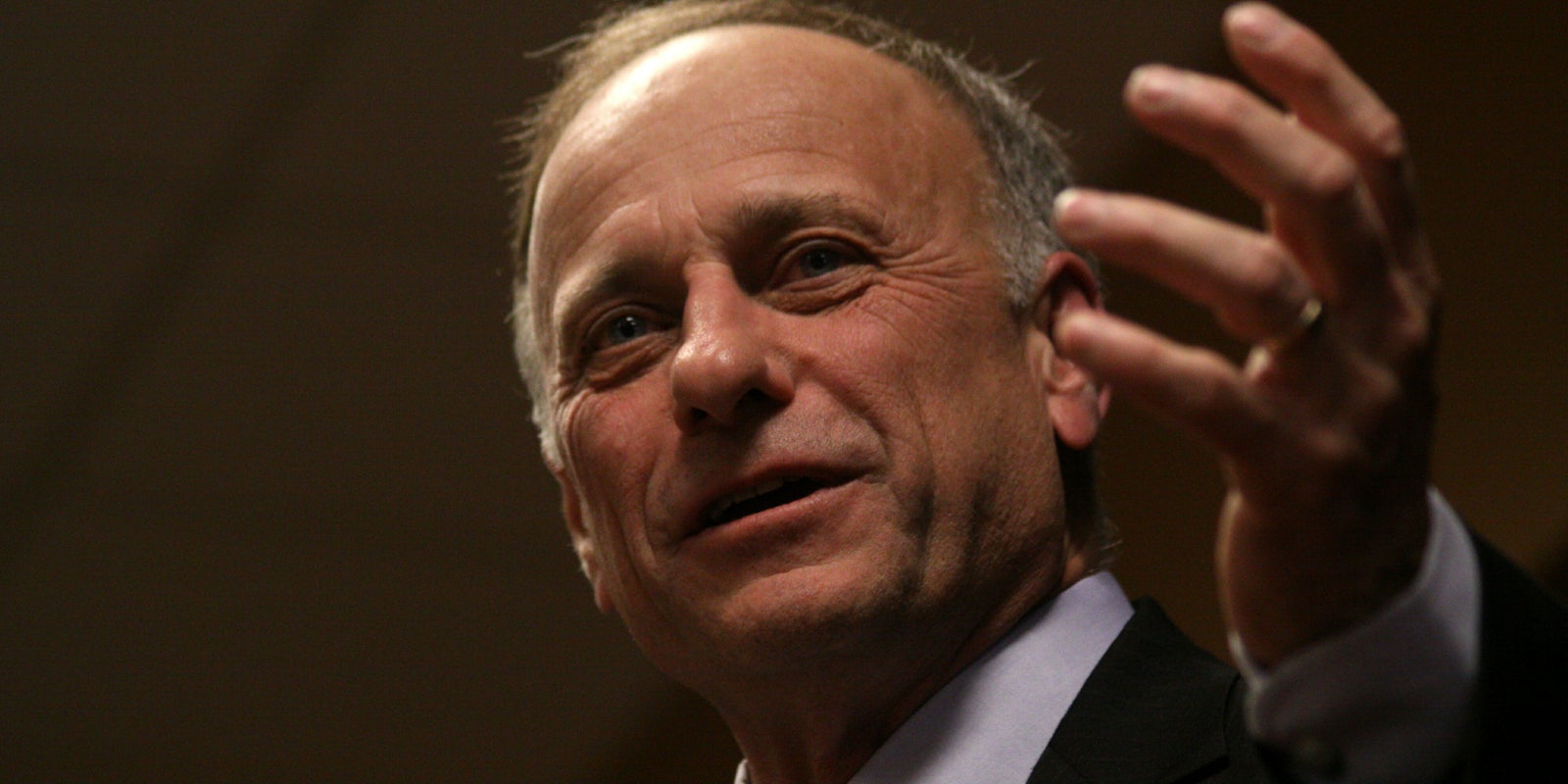Opinion
Millennials seem to think their parents’ generation has made their lives worse. A new Axios/SurveyMonkey poll reveals 51 percent of millennials believe Baby Boomers have screwed them over.
In all fairness, though, Boomer hate is pretty universal: According to the poll, 42 percent of Generation X think Baby Boomers made things worse for their generation, and even 30 percent of Boomers believe their own generation has done more harm than good.
Now that we all mostly agree on this, what can we do? Well, some millennials have a solution: Boot Baby Boomers from office. As one 34-year-old Republican told Axios, removing “all old government officials” and implementing “term limits for the House and Congress” would help fix the world. Impeaching Trump, others argued, and simply voting is a good solution, too.
51% of millennials blame baby boomers for making things worse for their generation #tictocnews pic.twitter.com/gKDAMN3ZAS
— Bloomberg Originals (@bbgoriginals) April 30, 2018
Baby boomers passing the world to the next generation: pic.twitter.com/yLwacN1cZa
— Tuxedo Mask (@TheLoveBel0w) April 23, 2018
“Only a third of millennials own their own home, compared with almost two-thirds of baby boomers at the same age. It will take a millennial on average 19 years to save for a deposit, compared with three years in the 1980s” https://t.co/Jm5JR8AixE pic.twitter.com/Qty0kNFMDr
— I’m @Ketanjoshi.co on Bluesky (@KetanJ0) April 28, 2018
It’s no secret that millennials have long been upset with Baby Boomers, blaming them for everything from ruining the environment to tanking the economy. But despite Boomers’ constant reference to millennials’ sense of entitlement, it’s Boomers, not millennials, who run this country. 344 members of Congress are Boomers (born between 1946 and 1964), Bloomberg reports—and only six are millennials (born between 1981-1996). It’s not like they had to wait their turn, either. In 1999, 253 Baby Boomers held a seat in Congress.
While Boomers largely dominate both congressional parties, Republicans—whose policies seem to reflect thinking that hasn’t changed much since the baby boom of World War II—are mostly over age 55. Currently, 63 percent of Republicans in the House of Representatives and 58 percent of those in the Senate are Boomers, according to Roll Call.
This explains a lot about how the GOP treats American millennials. College students panicked after the GOP’s 2017 tax plan overhaul was initially set to remove a $2,500 tax deduction for interest on student loans, as well as take away other breaks for millennial college students and graduates. That proposal didn’t make it into the final bill, but the fact that millennial college kids were almost forced to carry some of the burden for America’s aging wealthy population speaks volumes about the priorities of the Baby Boomer members of Congress.
It’s not just Baby Boomers at the national level trying to inflict harmful, outdated policies and ideologies, either. A 63-year-old Republican candidate for Idaho’s lieutenant governor once suggested the death penalty would be appropriate punishment for anyone who receives an abortion, and a 55-year-old Republican Oklahoma lawmaker once argued against abortion by suggesting “rape and incest could be part of God’s will.” For young cisgender women and transgender people who have a uterus, Baby Boomers who have held tightly to misogynistic viewpoints pose a severe risk to their reproductive rights. Then there are those that constantly espouse racist, transphobic, and homophobic rhetoric—that list is endless.
All this Baby Boomer hate may come in handy for Democrats during the 2018 election, though. 63 percent of millennials reportedly disapprove of President Trump and 72 percent believe the Republican Party doesn’t care for them, an NBC News/GenForward poll from January revealed. Meanwhile, nearly 60 percent of millennials align themselves with Democrats, Pew Research Center reports, with only 32 percent supporting the Republican Party.
https://twitter.com/lindsay40858819/status/990949838589218816
Millennials think that baby boomer driven policy choices have made things worse for them, but still only 70% of millennials in this poll are registered to vote. 90% of baby boomers are registered. Young people need to close that gap! https://t.co/TG3PEdBPrW
— Betsey Stevenson (@BetseyStevenson) April 25, 2018
PSA: By the midterm elections in November, more millennials will be eligible to vote than baby boomers!!! I REPEAT: MORE MILLENIALS THAN BABY BOOMERS. Tell all your friends, start convos, plan to go in groups. Be the change ya’ll. It’s our time to shine! #millenials #VoteThemOut
— Gabriela Solis Torres (@gabrielasoltorr) April 25, 2018
https://twitter.com/Pat1072/status/990222385193390082
https://twitter.com/wasabi_Kemosabe/status/990651212528693248
In other words, change is coming as long as millennials (and Gen Xers and Gen Zers) show up at the polls. During last year’s general election, dozens of women campaigned for a role in their state governments, and voters across the U.S. made history after voting in numerous women, transgender people, and people of color on both the state and local levels. Many of these voters even supported younger candidates; Danica Roem, the U.S.’s first openly transgender state lawmaker, is a millennial herself. Voters want more diverse representation than a bunch of white, cisgender Baby Boomers blowhards running the show.
Change takes time, and one or two elections won’t alter the American political landscape drastically or for good. But a sustained, long-term focus on representing millennials with more millennial candidates is a good start.


